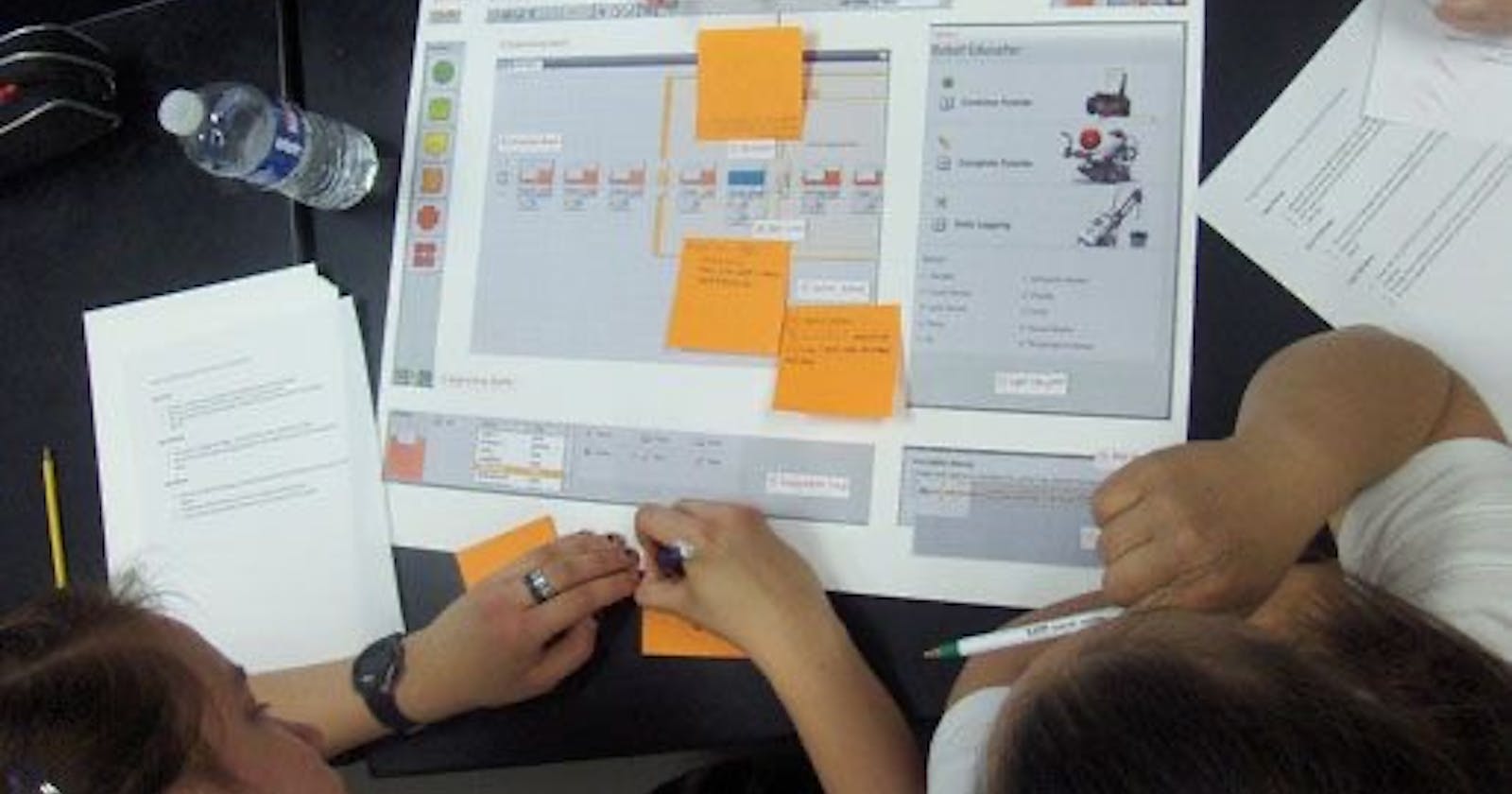What is Research?
Research is simply a process of inquiry dependent on what is needed to be known. There are various types of research, each tailored to a specific industry, yet not all totally dissimilar. We are all familiar with Pure research which is based on observations and experimentation with rigorous standards and methodologies to preserve objectivity and ensure credibility of conclusions made. Unlike pure research, applied research uses methodologies to solve practical problems and achieve a specific goal.
And then there is design research Which in the UX world refers to research integral to the design work itself i.e making inquiries that are a part of designing and not design. This mindset focuses on understanding the people whom we are designing for, hence becoming a core part of User Centred approach to design. The whole process also revolves around knowing how to ask your own questions and finding the answers in regards to discovering how and why people behave as they do and how that presents opportunities for the companies or organisation’s you are a part of.
I would refer to design research from here on out as user research, as for it to be successful it needs to serve the overall experience of the user.
User research, is it really about what the users like or hate? Likes have become a huge metric for success in our society; Facebook, TikTok and Instagram posts. These applications used by a lot of people incorporate the idea of likability as a good indicator for success. But isn’t it a little bit subjective? Can you get any useful insights from an individual self-reporting what they like or hate about a particular thing. Consider a scenario, where you are going through your feed on social media and you stumble on some media of a horse, although you hit that like button, it doesn’t necessarily translate to you purchasing that horse online. Also, we all engage in so many activities we claim to hate but still do.
User research doesn’t have to be rigid, it doesn’t have to be done in a specific location as long as they are done right. Research should be done by everyone on a team (both researchers and designers), with this less time is spent on rationalising and more time on the merit of the conclusion. With this setup in place it fosters contribution and collaboration as long as everyone knows the goals, their roles and the processes involved.
We care about utility, about what tools get the job done and in order to choose the right tools you need to understand the purpose and the topic. With those tools you can determine the goals, requirements, context and potential solutions.
Classes of Research
Exploratory Research
This research leads to ideas and help defining and identifying the problem. Through interviews , observations and reviewing existing literatures we can gather information on new or existing products and additional features.
Explanatory Research
While very similar to generative research, explanatory research differs in the overall question being asked. It’s no longer about figuring out the problem but best way to solve it.
Evaluating Research
This class involves testing that the solutions meet the requirements defined. The most used form of evaluating research is with a usability study.
Casual Research
The major emphasis here is determining the cause and effect between the independent variables (like gender or experience levels ) and dependent variables (like success rate or number of errors ). If a logical connection between the research goals and your independent and dependent variables exists, you and your research should be successful.
Conclusion
Simplifying the classes of user research and understanding where in the research process each one of them come into play is very crucial. Every design project ultimately amounts to a series of decisions and how we get to making those decisions depends on user research.
